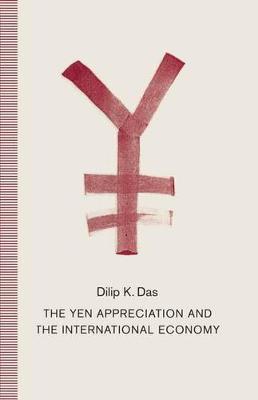Concurring with the decision of the G-5 countries to appreciate the yen during the Plaza accord was of momentous significance for Japan because this was the sharpest appreciation among the leading currencies in the recent past. Doubling the value of the currency in such a short time-span could have led to a stifling of the economy. Instead of being smothered, however, the Japanese economy-after the brief endaka recession-entered into the longest upswing of the business cycle of the postwar period. The primary focus of this book is the force of the post-appreciation Japanese economic expansion as it was felt by developing and industrialized countries. By 1989 the Japanese economy had emerged as the largest creditor nation, the largest giver of aid, and the largest economy making foreign investments. Becoming banker of the world, its banks and securities firms began to dominate international financial markets, and with 111 Japanese corporations in the Fortune 500 list for 1990, it also became an enormous corporate presence in the international economy.
- ISBN10 0814718523
- ISBN13 9780814718520
- Publish Date 1 December 1992
- Publish Status Active
- Out of Print 22 March 2023
- Publish Country US
- Imprint New York University Press
- Format Hardcover
- Pages 224
- Language English
